Why Running a Node Matters for Blockchain Decentralization
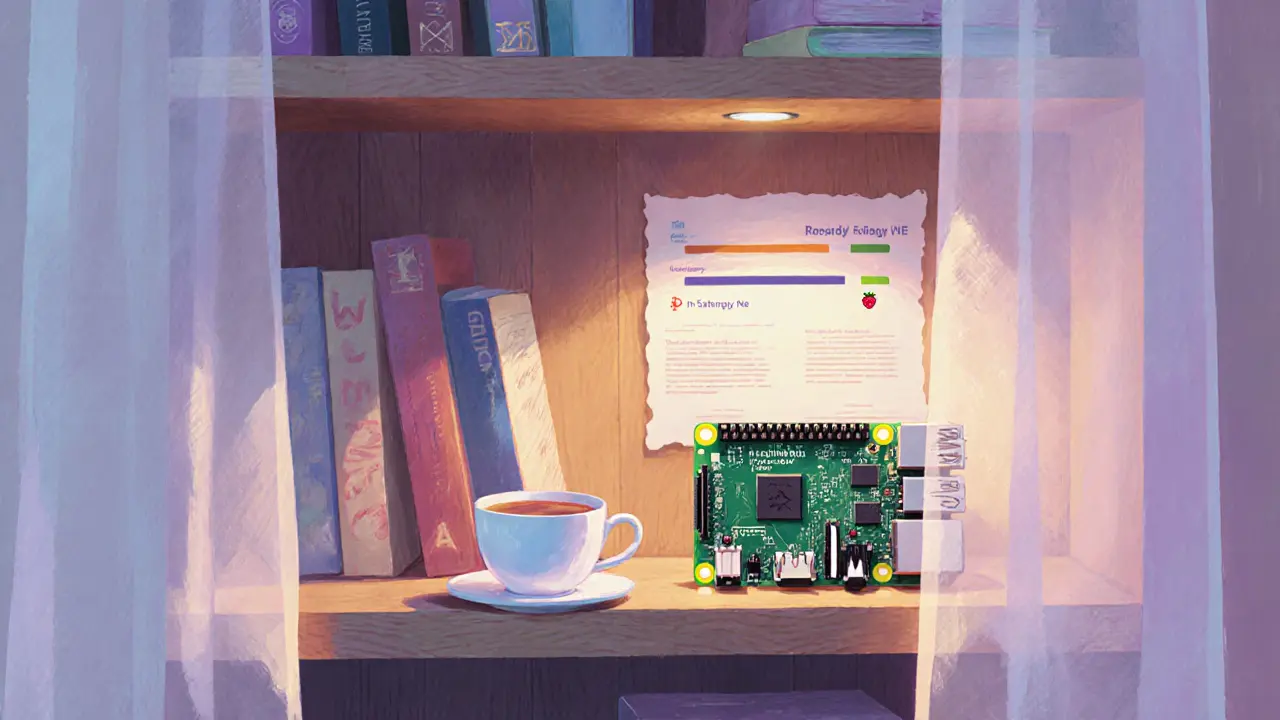
Blockchain Node Impact Calculator
Calculate Your Node's Impact
Your Impact Analysis
What Your Node Means
Each new node you add strengthens the network's security, decentralization, and resistance to censorship. With more nodes running independently, the network becomes more resilient against attacks, government interference, and single points of failure.
Think of a blockchain like a public ledger that no single person or company owns. It’s not stored in one server farm or controlled by a bank. Instead, it’s copied and maintained by thousands of computers around the world-each one a blockchain node. Running one of these nodes isn’t just for tech enthusiasts. It’s the actual mechanism that keeps blockchains honest, secure, and free from control by any single entity.
What Exactly Is a Blockchain Node?
A blockchain node is just a computer-could be a Raspberry Pi, a home server, or a cloud instance-that runs software to connect to a blockchain network. It downloads and stores a full copy of every transaction that’s ever happened on that chain. For Bitcoin, that’s over 500 gigabytes of data. For Ethereum, it’s even more. But it’s not just about storage. Nodes validate new transactions, check if they follow the rules, and spread them to other nodes. They’re the ones that make sure no one tries to spend the same coin twice or fake a transaction.There are different types of nodes. Full nodes store the entire blockchain and enforce all the rules. Lightweight nodes, like those on your phone, only download parts of the chain and rely on full nodes for verification. But only full nodes truly help decentralize the network. They don’t trust anyone else-they check everything themselves.
Why Decentralization Isn’t Just a Buzzword
Decentralization sounds nice, but what does it actually do? It stops one group from taking over. In traditional banking, if JPMorgan’s servers go down, your money is locked. If Visa’s system gets hacked, millions of cards are at risk. Blockchains avoid this by spreading control across hundreds or thousands of independent nodes.Here’s the real test: if you tried to alter a transaction on the Bitcoin blockchain, you’d need to change it on more than half of all active nodes at the same time. That’s not just hard-it’s practically impossible. Even if someone controls a big mining pool or a cloud provider, they can’t rewrite history without being detected and rejected by the rest of the network.
This is why Bitcoin has stayed up for over 15 years without a single major hack of its core ledger. Not because it’s unbreakable-it’s not-but because breaking it would require controlling a majority of the network, and no one has that kind of power.
Nodes Make the Network Resilient
Imagine a power grid where every house has its own generator. If one fails, the rest keep running. That’s what nodes do for blockchains. When a node goes offline-maybe because of a power outage, a bad update, or even a government shutdown-the network keeps going. Other nodes pick up the slack. Transactions still get processed. The ledger stays intact.This redundancy is why networks like Bitcoin and Ethereum can survive geopolitical chaos, internet blackouts, or even natural disasters. In 2022, when Ukraine’s internet was targeted during the war, blockchain nodes operated from other countries kept the network alive. People still sent crypto to fund defense efforts. That wouldn’t have been possible with a centralized system.
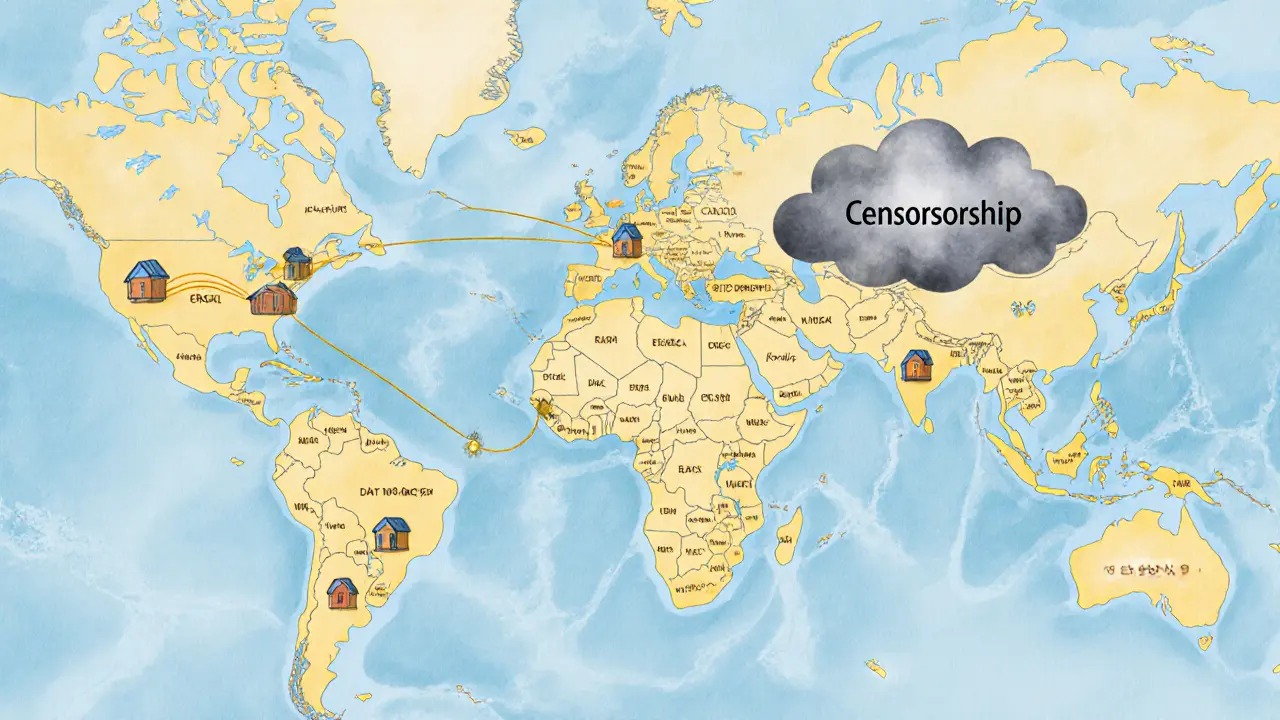
Nodes Give You Real Control Over Your Money
When you hold crypto in a wallet, you’re not really storing it anywhere. The coins exist on the blockchain. Your wallet just holds the private key that lets you sign transactions. But if you don’t run your own node, you’re trusting someone else’s server to tell you what your balance is. That’s a problem.Many wallet apps and exchanges use centralized nodes. If that company gets hacked, shuts down, or decides to freeze your funds (yes, it’s happened), you lose access. Running your own node means you verify everything yourself. You don’t need permission to send or receive. No middleman. No gatekeeper. That’s true ownership.
Nodes Power Governance and Community Decisions
Some blockchains don’t just let you send money-they let you vote on how the network evolves. In Dash, masternodes (a special kind of node) vote on budget proposals. In Decred, stakeholders use their nodes to vote on software upgrades. MakerDAO lets MKR token holders vote on interest rates and risk parameters through their nodes.This isn’t theoretical. In 2023, the Ethereum community voted to change how transaction fees are distributed, and it only happened because thousands of node operators participated. Without them, decisions would be made by a small group of developers or venture capitalists. Nodes turn abstract ideas like "decentralized governance" into real democracy.
Nodes Resist Censorship
In countries with strict internet controls, like China or Iran, governments can block websites, shut down apps, or freeze bank accounts. But they can’t shut down a blockchain node that’s running on a device in someone’s basement in Brazil, Canada, or Nigeria.During the 2022 protests in Iran, activists used Bitcoin nodes to send and receive funds without relying on local banks or payment processors. The transactions were visible to anyone, but the government couldn’t stop them. That’s censorship resistance in action. It’s not about hiding money-it’s about ensuring people can transact freely, no matter where they are.
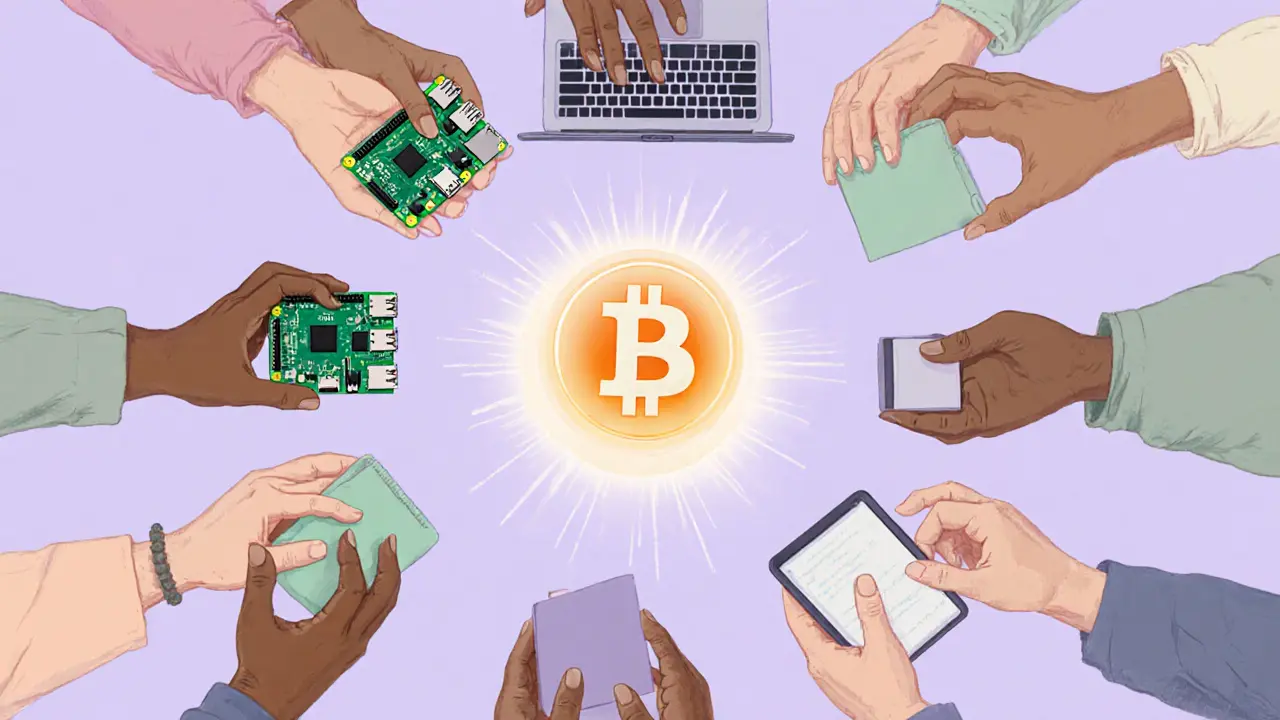
Nodes Cut Out the Middlemen
Traditional finance is full of middlemen: banks, clearinghouses, auditors, regulators. Each adds cost and delay. Blockchain nodes remove them. When you send crypto directly through a node, there’s no bank to approve it, no payment processor to take a cut, no waiting days for settlement.Supply chains are using this too. Companies like Walmart and Maersel track goods on blockchain networks where each node verifies the shipment’s journey. No paper bills. No manual checks. Just real-time, tamper-proof records.
It’s faster. Cheaper. More transparent. And it only works because thousands of nodes are independently verifying every step.
Running a Node Isn’t as Hard as You Think
You don’t need to be a coder or own a data center to run a node. Tools like Umbrel, RaspiBlitz, and Node Launcher make it easy. You can set up a Bitcoin node on a $100 Raspberry Pi with a 2TB hard drive. It takes a few hours to sync the first time, then it runs quietly in the background.Some networks, like Ethereum, require more power and storage-but even they offer lightweight options. And the rewards? Not always in money. You get sovereignty, security, and a stake in something bigger than yourself.
The Bigger Picture: Why This Matters Now
In 2025, more than 15,000 Bitcoin nodes are publicly reachable. Ethereum has over 10,000. These numbers are growing. But they’re still too low. If only a few hundred nodes were running, the network could be compromised. If only corporations ran them, decentralization dies.That’s why every person who runs a node makes a difference. It’s not about mining. It’s not about trading. It’s about holding a piece of the infrastructure that keeps the system open. You’re not just using blockchain-you’re helping build it.
And that’s the real power of decentralization. It doesn’t happen by magic. It happens because people choose to run nodes. And every node you run makes the network stronger-for you, and for everyone else.
Do I need to be technical to run a blockchain node?
No. Tools like Umbrel, RaspiBlitz, and Node Launcher let you run a Bitcoin or Ethereum node with minimal tech skills. You just need a computer, internet, and a little patience during the initial sync. Most guides walk you through each step. You don’t need to write code or understand cryptography.
Can I run a node on my laptop or phone?
You can run a lightweight node on a laptop, but full nodes need constant power and storage. Phones aren’t practical for full nodes-they lack storage, can’t stay online 24/7, and drain batteries. For true decentralization, a dedicated device like a Raspberry Pi is better. But even a laptop running a node part-time helps the network.
Do I get paid for running a node?
Not always. Bitcoin full nodes don’t earn rewards-only miners do. But some networks like Ethereum (with staking), Dash (masternodes), and Decred do pay node operators. Even without direct rewards, running a node gives you security, privacy, and control over your crypto. That’s value in itself.
What’s the difference between a node and a miner?
Miners create new blocks by solving complex math problems and are rewarded with new coins. Nodes validate those blocks and transactions. All miners run nodes, but most nodes aren’t miners. Nodes keep the network honest; miners add new data. You can run a node without mining.
Does running a node use a lot of electricity?
Not compared to mining. A Bitcoin node on a Raspberry Pi uses about the same power as a light bulb-5 to 10 watts. Even a full node on a desktop uses less than a gaming PC. The energy cost is minimal, especially compared to the security and freedom it provides.
Can governments shut down blockchain nodes?
They can try to block access or ban node software, but they can’t shut down every node. Nodes are spread across homes, businesses, and data centers worldwide. Even if one country bans them, nodes in other countries keep the network alive. That’s the whole point of decentralization-it’s designed to be unkillable.
How do I know if my node is working properly?
Most node software shows sync status, peer connections, and block height. If your node is synced to the latest block and has 8+ connections to other nodes, it’s working. You can also check public block explorers to see if your node is visible. Tools like Node Launcher include built-in health checks.

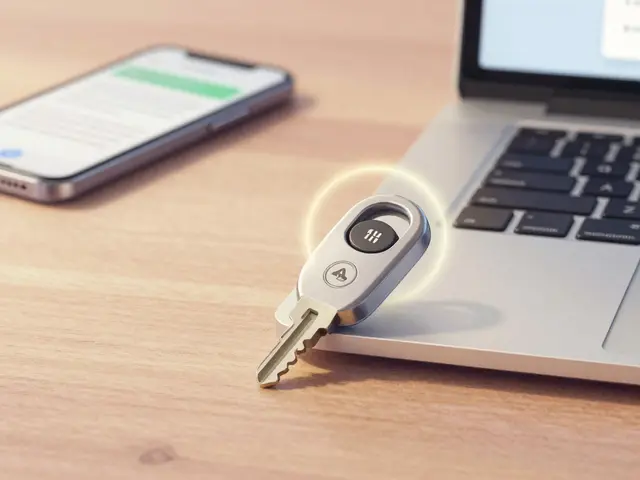
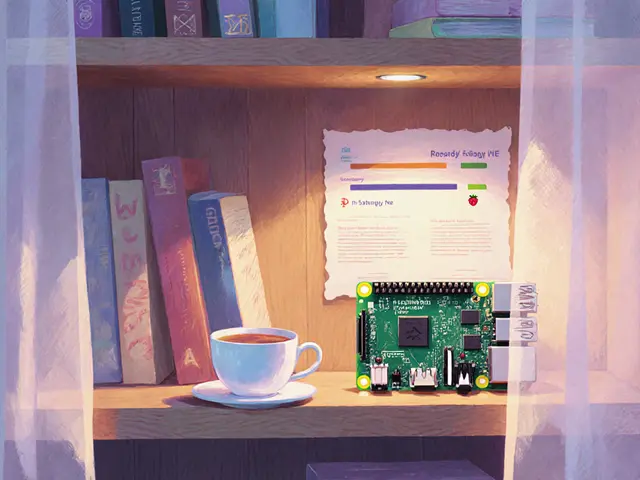


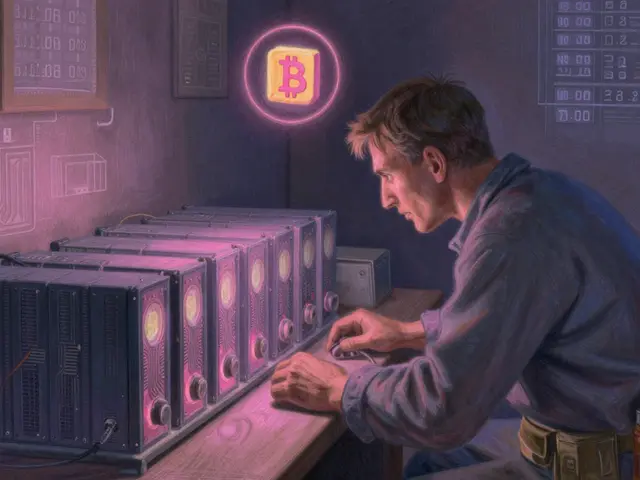
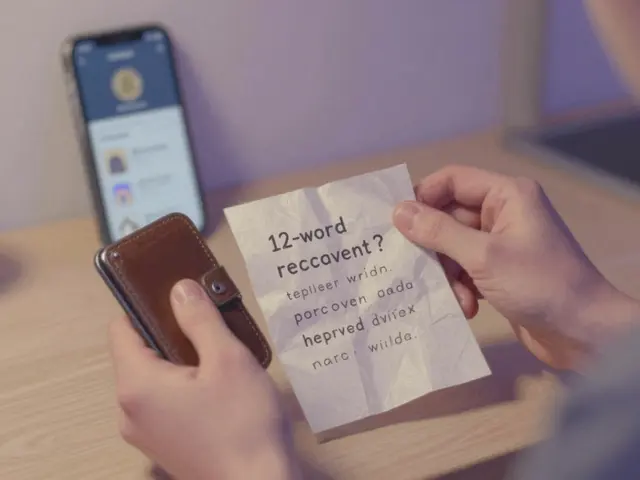
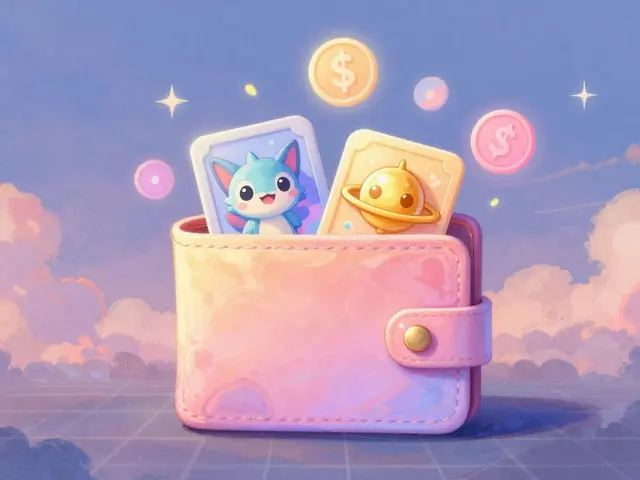
Running a node isn’t glamorous but it’s the quiet backbone of everything crypto claims to be. I’ve had mine running for two years on a Raspberry Pi. It barely uses power, syncs overnight, and I sleep better knowing I’m not relying on some API to tell me my balance.
Why do people act like this is new? Nodes have been the core of Bitcoin since day one. The fact that you need to explain this in 2025 means adoption is still stuck in the wallet app phase. If you don’t run a node, you’re not a participant-you’re a spectator.
They say nodes make it decentralized but what if the government just blocks all the IP addresses of known nodes and forces ISPs to shut them down What if they just turn off the internet for a week and restart everything with a new chain Who’s gonna stop them Huh
Oh cool so now I’m supposed to run a server just so I can send 5 bucks to my friend who lives next door Meanwhile my bank app loads in 0.3 seconds and I don’t have to worry about my hard drive filling up with 500GB of transaction history
Hey newbies-if you’re thinking about running a node start with Bitcoin on Umbrel. It’s plug and play. I helped my mom set hers up last month. She’s 72 and now she checks her balance without trusting Coinbase. That’s power. You don’t need to be a coder. Just follow the steps. One day you’ll thank yourself.
Decentralization is a marketing term. The top 0.1% of nodes control 80% of the network’s connectivity. Most are hosted on AWS or Linode. The idea that your Raspberry Pi is making a difference is cute. It’s not. You’re just contributing to the illusion.
Look I get the fear. I used to think running a node was too technical too expensive too much work. Then I did it. Took me three hours. Now I feel like I’m part of something real. Not a bet. Not a speculation. A system that works even when everything else fails. That’s worth a little electricity.
Nodes are the heartbeat of the digital soul. Without them we’re just ghosts in a machine whispering to ourselves in encrypted code. When you run a node you’re not storing data you’re storing truth. You’re becoming a monk in the temple of trust. The blockchain doesn’t care about your credentials. It only cares if you show up. And showing up means running a node. That’s the ritual. That’s the sacrament.
Think about it. Every time you trust a centralized service you surrender a piece of your autonomy. Not just your money. Your dignity. Your right to exist without permission. A blockchain node is the last bastion of digital self-sovereignty. It’s not about Bitcoin or Ethereum. It’s about whether you believe you have the right to control your own reality. If you don’t run a node you’re still living under a king. Even if that king is called Coinbase.
Just ran my first node!!! 🎉✨ It was easier than setting up my smart fridge 😅 Seriously though-Umbrel is magic. If you’ve been putting it off, just do it. Your future self will high-five you. #RunThatNode
It is important to note that the operational requirements for maintaining a full node are non-trivial. Furthermore, the economic incentives are not commensurate with the resource expenditure. Therefore, the notion that individual participation significantly impacts network security is empirically questionable.
They say decentralization but the truth is most nodes are run by crypto bros in their basements who think they’re saving the world. Meanwhile the real power is in the mining pools and the VC-backed infrastructure. You’re not a hero. You’re a node in a system designed to make you feel like one.
My buddy runs a node on an old laptop in his garage. He doesn’t even know what a merkle root is. But he checks it every morning like it’s his dog. That’s the spirit. You don’t need to be an expert. You just need to care.
Oh wow a Raspberry Pi can run a node now? How quaint. I guess I’ll stop using my enterprise-grade node cluster in Nevada and go buy a $50 toy. Maybe I’ll name it Barry. Barry the Node. How very 2012 of you.
Decentralization is a fairy tale. The truth is that 90% of nodes are hosted by a handful of cloud providers. The rest are just people running them to feel virtuous. The system isn’t broken-it’s just pretending to be democratic while being quietly controlled by the same players who ran Wall Street.
I’ve got a node running in my shed. It’s not flashy. Doesn’t make noise. Just sits there syncing. But sometimes I look at it and think-this little thing is keeping a global ledger alive. That’s kind of beautiful in a quiet way.
you know what really scares me not that the gov can shut down nodes but that people will stop running them because they think its too hard or not worth it and then one day we wake up and the whole thing just… dissolves like sugar in coffee and no one even notices until its too late
The philosophical underpinning of blockchain decentralization lies in the epistemological rejection of centralized authority. A node represents an ontological assertion of individual agency within a distributed epistemic framework. To refrain from operating a node is to voluntarily cede epistemic sovereignty to third-party intermediaries-a metaphysical surrender masked as convenience.
Nodes are great. But honestly. Who cares. I mean really. You’re gonna run one because… what? Because someone said so? Because it’s the right thing? What if I don’t believe in right and wrong what if I just want to use crypto to buy weed and not get tracked
bro i tried to run a node but my wifi kept dropping and i think my router hates me now also i spilled coffee on my pi and now it just blinks red like its judging me i give up
I’ve been thinking about running a node for months. I keep putting it off. I tell myself I’ll do it next month. But then I remember how long the sync takes. And how I’ll need to upgrade my drive. And how I don’t really understand all the technical stuff. And then I just open my wallet app again. I know it’s wrong. But I don’t know how to fix it.
My node synced last week. Took 3 days. I was gonna quit like 5 times. But I kept it going. Now I check it like a pet. It’s weird but kinda satisfying. Like I’m part of something that doesn’t need me but I’m here anyway.
Running a node is not a technical act-it is an ethical commitment. It is the conscious decision to reject passive consumption in favor of active participation in the construction of a resilient, permissionless, and transparent global infrastructure. This is not a hobby. It is a civic duty in the digital age.
People act like nodes are magic. They’re not. They’re just computers. But they’re the only computers that don’t ask for permission. And that’s rare. That’s worth something.
Just synced my first Ethereum node and I cried a little. Not because it was hard. Because I realized I’ve been trusting strangers with my money for years. This is the first time I’ve ever really owned it.